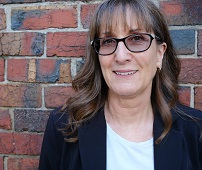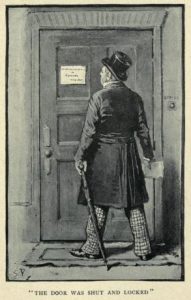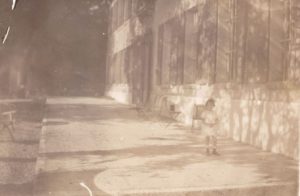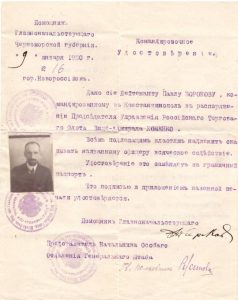This morning I attended one of the Melbourne Writers Festival “Therapy Couch” sessions where author Cate Kennedy was in conversation with Krissy Kneen. Krissy, an award-winning writer whose books I have never read, is in the process of writing a memoir and Cate, whose books I have also never read, conversed with her about the creative process and the challenges presented by members of her family who would rather their stories remain untold. For me, it was an invaluable session.
In the first few minutes of the conversation Krissy made a statement which strongly resonated with me. She said, “when my grandmother died I was free to find out who I am and where I come from.” I couldn’t have put it better myself. However, with the freedom comes responsibility and, as Krissy later touched on, in a writer’s mind there is often the question of ownership of a story. Are we, as writers, permitted to tell stories which might be ours, but also belong to other members of our family? May we expose personal, sometimes shameful, stories to the world? Quite often, the family who remain are opposed to anyone wanting to tell their stories. In Krissy’s case, it is her aunt who disapproves of the memoir she is writing. Her aunt claims it is a story which should never be told. In my case, my father’s family silently object to the memoir I am writing; my father’s story, but a story which is also mine, as his history was integral in informing who I have become.
As Krissy did after her grandmother’s death, I also felt I was able to start to write my memoir when my father died. It was his passing which was the trigger that ejected words onto the page. Once he was no longer there looking over my shoulder, I felt able to research his life and his family. Yet, despite my initial feeling of freedom as the sentences fired out of me, I soon realised his death did not necessarily make it easy for me to discover his past. I was looking for my own identity in his past and, at almost every turn I was blocked by the reticence of his family. In reply to one of my questions my aunt wrote to me, “I’m afraid I can’t help you. The Fircks are a terribly discreet lot, nobody talks about his next of kin, so they are noble and happy in their families!!!” I felt slightly threatened by her response.
Regardless of, or perhaps because of, the attitude of my father’s family, I continue to write and rewrite my manuscript. So far it has taken me nearly six years and, although it has proven to be hard labour, I will finish it. This story will not be silent, it is crying out for me to tell it and so I shall. I believe it is mine to tell, even if I share it with my father and his family. Because, while the foundation of the story belongs to all of us, no one other than me can express how those foundations determined the way my life was constructed.



